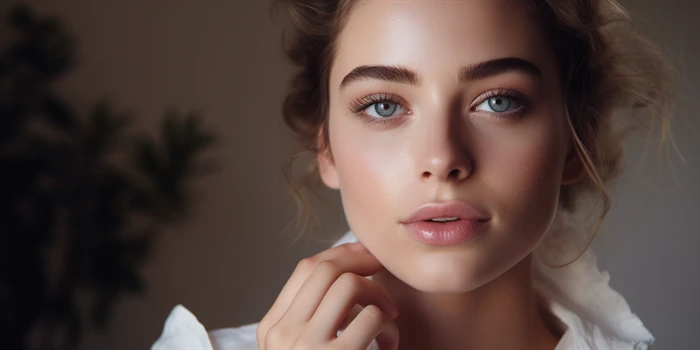The Pros and Cons of Facials in Ireland
Introduction
Facials are a popular skincare treatment that offers numerous benefits, from improving skin texture to reducing stress. However, like any beauty treatment, they come with their own set of advantages and disadvantages. This article delves into the pros and cons of facials in Ireland, providing a comprehensive overview to help you make an informed decision.

1. Benefits of Facials
Facials offer a range of benefits that can significantly enhance your skin's health and appearance.
a. Deep Cleansing
One of the primary benefits of facials is deep cleansing. Facials use specialized products and techniques to remove dirt, oil, and impurities from the skin, which can help prevent acne and other skin issues. This deep cleansing can leave your skin feeling refreshed and rejuvenated.
b. Improved Skin Texture
Regular facials can improve your skin's texture by exfoliating dead skin cells and promoting cell turnover. This can result in smoother, more radiant skin. Additionally, facials often include moisturizing treatments that can help hydrate and plump the skin, reducing the appearance of fine lines and wrinkles.
c. Stress Relief
Facials are not just about skincare; they are also a form of relaxation. The soothing environment, gentle massage, and aromatherapy used during facials can help reduce stress and promote a sense of well-being. This can have a positive impact on both your mental and physical health.
2. Drawbacks of Facials
While facials offer many benefits, they also come with some potential drawbacks that you should be aware of.
a. Cost
One of the main disadvantages of facials is the cost. Professional facials can be expensive, especially if you opt for high-end treatments or frequent sessions. This can be a significant financial commitment, particularly if you are on a tight budget.
b. Skin Sensitivity
Some individuals may experience skin sensitivity or irritation after a facial. This can be due to the use of certain products or techniques that may not be suitable for everyone's skin type. It's important to communicate with your esthetician about any known allergies or sensitivities to avoid any adverse reactions.
c. Temporary Redness
After a facial, it's common to experience temporary redness or mild swelling. This is usually a normal reaction and should subside within a few hours. However, if you have an important event or meeting, you may want to schedule your facial accordingly to avoid any potential discomfort.
3. Choosing the Right Facial
Selecting the right facial for your skin type and needs is crucial to maximizing the benefits and minimizing any potential drawbacks.
a. Consultation
Before booking a facial, it's advisable to have a consultation with your esthetician. They can assess your skin type, discuss your skincare goals, and recommend the most suitable treatment. This personalized approach ensures that you receive the best possible results.
b. Skincare Products
The quality of skincare products used during a facial can significantly impact the outcome. Look for facials that use high-quality, professional-grade products. These products are often more effective and less likely to cause irritation compared to over-the-counter options.
c. Frequency
The frequency of facials depends on your skin type and individual needs. Some people may benefit from monthly facials, while others may require more or less frequent treatments. Your esthetician can provide guidance on how often you should schedule facials to maintain optimal skin health.
FAQ
Here are some frequently asked questions about facials in Ireland:
Q1: How often should I get a facial?
A: The frequency of facials depends on your skin type and individual needs. Generally, monthly facials are recommended for most people. However, your esthetician can provide personalized advice based on your specific situation.
Q2: Are facials suitable for all skin types?
A: Yes, facials can be tailored to suit all skin types, including sensitive, oily, dry, and combination skin. It's important to communicate with your esthetician about your skin type to ensure the treatment is appropriate.
Q3: Can facials help with acne?
A: Yes, facials can help with acne by deep cleansing the skin and removing impurities. However, it's important to choose a facial that is specifically designed for acne-prone skin to avoid any potential irritation.
Q4: How long does a facial typically last?
A: The duration of a facial can vary depending on the type of treatment. Basic facials usually last around 60 minutes, while more advanced treatments can take up to 90 minutes or longer.
Q5: Can I wear makeup after a facial?
A: It's generally recommended to avoid wearing makeup immediately after a facial to allow your skin to breathe and absorb the benefits of the treatment. However, if you must wear makeup, make sure to use non-comedogenic products to minimize the risk of clogging pores.
In conclusion, facials in Ireland offer numerous benefits for skin health and relaxation. However, it's important to consider the potential drawbacks and choose the right treatment for your individual needs. By doing so, you can enjoy the full benefits of facials while minimizing any potential risks.




